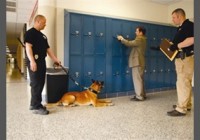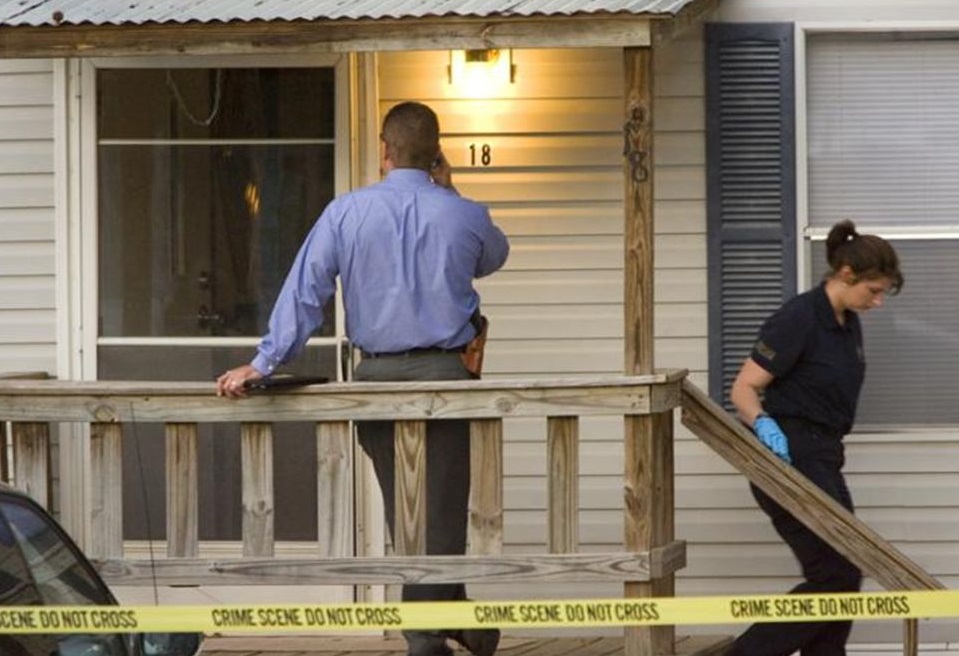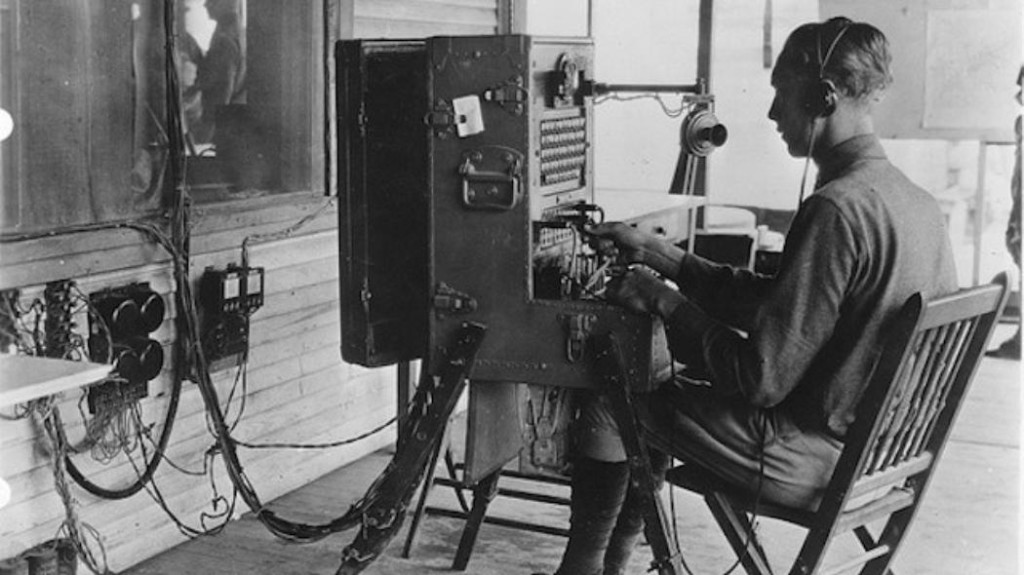
In re L.A.W. (Nev. Supreme Ct. – May 07, 2015)
The issue is whether the State can condition a prospective minor student’s access to public education on that student’s waiver of his right to be free from unreasonable search and seizure under the Fourth Amendment of the Federal Constitution and Article 1, § 18 of Nevada’s Constitution.
Due to previous behavioral problems, L.W., a minor, was told he was being given a last chance to enroll in Legacy High School (Legacy), but only on a trial basis and on the condition that he sign a Behavior Contract. Among other conditions, the Behavior Contract stipulated that:
The following information lists the terms and conditions upon which L.W.’s enrollment in Legacy High School is based:
…
7. I realize that I am subject to random searches by school administration.
Both L.W. and his father signed the document.
The school’s administration decided to conduct a search of all its trial enrollees. During the search of L.W., a Legacy teacher found $129 and a large plastic bag, containing two smaller bags with an eight-ball imprinted on them, each holding a green, leafy substance. At the administration’s direction, a campus police officer conducted a field test of the substance in one of the smaller bags, which came back positive for marijuana. The officer advised L.W. of his Miranda rights and, after questioning him, placed the boy under arrest.
The State charged L.W. with possession of a controlled substance with intent to sell. At a contested hearing on the charges against him, L.W. objected to the admission of evidence resulting from the search in question, specifically, testimony by the searching teacher and the campus police officer describing the fruits of the search, including statements that L.W. allegedly made explaining how he came to be holding the cash and baggies. The Hearing Master declined to suppress on the grounds that L.W. had consented to the search via the Behavior Contract. Ultimately, the Hearing Master found that the green leafy substance was marijuana, that L.W. carried it with the intent to sell, and judged him guilty of the State’s charge. The district court affirmed the Hearing Master’s findings of fact, conclusions of law, and recommendations, and formally adjudicated L.W. a delinquent. L.W. appealed.
The Nevada Supreme Court explained that in many ways, public schools act in loco parentis, and school administrations are therefore granted certain authority, which permits a degree of supervision and control that could not be exercised over free adults. However, this authority is not carte blanche, and it could hardly be argued that students shed their constitutional rights at the schoolhouse gate. Thus, a warrant and suspicion-less search of a student, of the sort that the Legacy administration conducted upon L.W., was presumptively unreasonable, absent that student’s consent or other applicable exception, of which the State conceded there was none.
Courts of other jurisdictions have held that the State cannot condition access to public education on a prospective student’s renunciation of his or her right to be free from otherwise unconstitutional searches and seizures because, in light of the draconian result of a student’s failure to give consent, such clauses amount to contracts of adhesion and therefore lack the requisite earmarks of intelligence and voluntariness. But this reasoning does not pertain where a student seeks to pursue special activities beyond education because by choosing to go out for the team or to engage in other voluntary, nonathletic activities, such students also voluntarily subject themselves to a degree of regulation, higher than that imposed on students generally.
According to the State, though L.W. may have faced a difficult choice about whether to enroll in school, he had other options and was not forced into signing a behavior contract.
In terms of the availability of the other options the State claimed were available to L.W., the Court noted that the record simply did not support their existence—the State did not proffer any such evidence before the juvenile Hearing Master or juvenile court, nor did the State make any argument on such grounds; the juvenile Hearing Master likewise made no mention of the availability of alternative schooling to L.W. in its discussion of the supposed voluntariness of the consent to search.
The Court reasoned that despite the State’s arguments to the contrary, nothing set L.W. apart from the public school student body as a whole. If the State may condition L.W.’s access to public education upon his waiver of his constitutional right to be free from unreasonable search and seizure, it could seemingly do the same for any prospective public school student.
Thus, the Court concluded that the State had failed to demonstrate that L.W.’s consent to search was voluntary; there was no record evidence that public education options beyond Legacy were available to him, and the State could not constitutionally condition L.W.’s access to a public education on his waiver of his right to be free from unreasonable search and seizure. The district court therefore should have suppressed the fruits of the administration’s search of L.W., including, specifically, the testimony of the searching teacher and campus police officer. Accordingly, the Court reversed and remanded to the district court.







